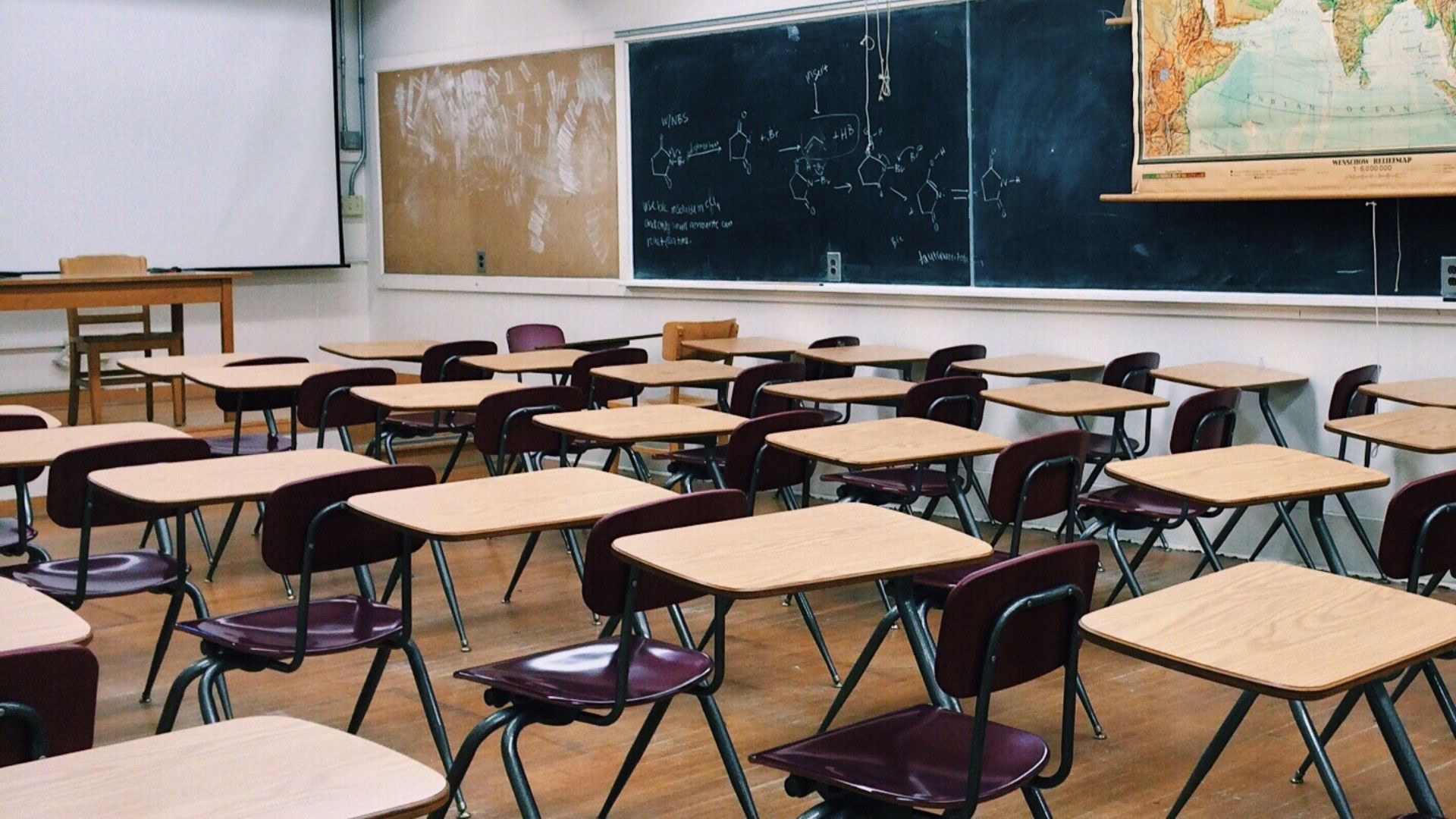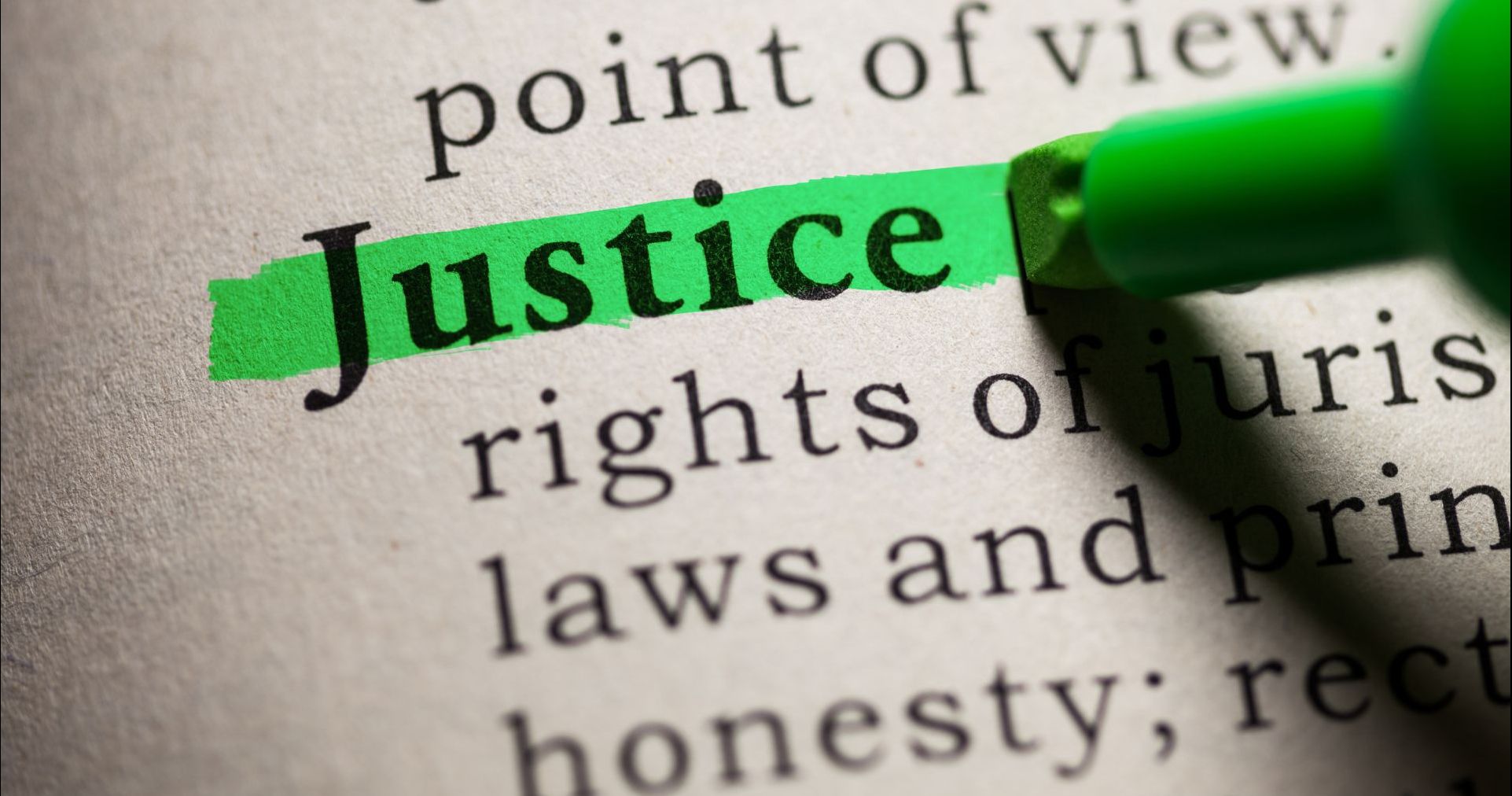The concept of social justice has been around since the dawn of civilization, from the medieval farmer protesting unhealthy taxation by the monarchy to the traveling salesman demanding as much protection as afforded the wealthy.
Nevertheless, the ideology gained more prominence in European communities in the 1800s. At the height of the industrial revolution, people were forced to protest against pernicious taxes, corruption regarding opportunities' fair distribution, and other exploitative practices.
Social Justice aims to ensure that available resources and privileges are distributed fairly and justifiably in any region of interest. The term has gotten decentralized and covers more than just resource distribution these days. It's also been made to apply to concepts such as racial issues, gender concerns, and education.
Why Social Justice in Education Matters
There are two forms in education: the first is social justice in action and the level of equality within the actual education system. Proponents of the concept aim to ensure that every student, regardless of gender, race, or social class, gets access to quality education within any school year. A setting where a person's degree of education is determined and influenced by any of those three factors is a socially unjust one. In such cases, it's critical to learn about the problems that dramatically impact quality of life for certain populations.
Usually, underprivileged students who don't get educated as well as others on the upper percentile of the social scale tend to end up disadvantaged throughout their lives. More often than not, the eventual earnings of individuals are determined by how educated they are. A society that doesn't pay much attention to the public education of a social group, no matter how minor, risks them becoming a burden later on.
However, that's one way in which education is impacted by the concept. Social Justice also aims to challenge existing paradigms and give rise to new culturally relevant ideologies by challenging accepted norms and even welcoming so-called radical concepts. Considerations like these and other similar factors have been examined and hashed out in several remarkably well-written essays about justice from Papersowl. Consider checking them out to understand the tenets of the concept better.
In contrast to shunning away from poverty, racial profiling, and even gender inequality, the more relaxed social justice curriculum aims to provoke youth into challenging accepted worldviews and nudging them into becoming agents of radical change.
Criticisms of Teaching Social Justice
At times, educational systems, on their own, are usually victims of social injustice and political maneuverings. Schools are often not made equally. It's more likely that one situated within the suburbs of a socially disadvantaged group would be less equipped, less funded, and generally more neglected than others in a high-income neighborhood. With such disregard, it'd be quite impossible for such schools to be worthy proponents of planet-wide transformations and justice.
Many experts feel that youth is being force-fed into rigid thinking patterns regarding the tutoring process of social justice concepts. They argue that the current curricular frameworks need extensive revisions and much more liberal approaches to idea presentation. Students must not be taught what to think; they need only be presented with facts and left to decide how to think.
How to Promote Social Justice in Education Systematically
In the first instance, regarding infrastructures in place to teach effectively, more effort must be made to equip schools in disadvantaged neighborhoods and fund them. To make a better success of this, it's more recommended that deep analytics be conducted to decide on how best the institutions could be impacted, especially as even such schools tend to be made up of different cadres of students. It'd be quite odd not to be aware of who your students are and where they come from.

As one'd ordinarily expect, the other way would be to revise the current curriculum. Nevertheless, social justice education doesn't necessarily stop within the walls of a college community. Organizing regular programs for the duo of parents and guardians has been projected to improve students' assimilation much quicker than otherwise. To further aid the procedure, students from low-income or intellectually deprived backgrounds can also be supported with financial aid or other relevant forms of support.
How to Promote Social Justice in Education within the Classroom
Educators, alongside other valuable contributors, are ordinarily tasked with these responsibilities. To maximize the effectiveness of the earlier discussed approaches, stakeholders must proffer a series of avenues to drive such points home. Typically, seminars and debates on relevant topics are one way to get this done. For example, the inclusion of students with disabilities in these seminars and debates is essential to promoting social justice in education. It will help promote an inclusive and equitable learning environment for all students by allowing them to share their perspectives and learn from each other's experiences.
Benefits of Social Justice in Education
Since social justice in education is all about distributing resources fairly and treating all students equitably so that they feel safe and secure—physically, it needn't be that surprising that its upsides include a more empathetic set of youths, improved feelings of justice, and more efficient utilization of opportunities, especially with youths at work with their skills.
Wrapping Up
Enhanced social justice is only partly dependent on implementing infrastructures to promote equal accessibility to education among all racial or gender groups. It's also influenced as much by the refinement of the traditional educational system into more accommodating ones that aim to inspire new waves of thinking patterns in students.
The ultimate aim of social justice in education is to give rise to a whole new world order, where there are no forms of discrimination between social groups, and students, themselves, are the ones leading and agitating for reforms.

